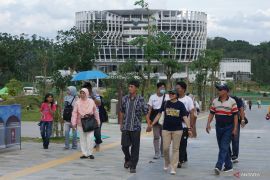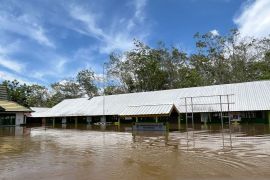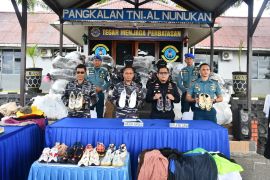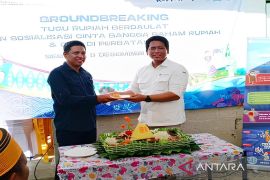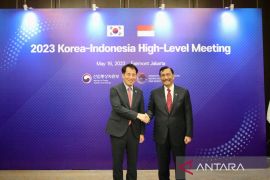"Mines may be in Papua, Maluku, or other eastern Indonesian regions, but the smelters will be built in North Kalimantan that enjoys a strategic location in terms of sea routes to other continents, such as Australia, Asia, Africa, and (North and South) America," he remarked after attending the North Kalimantan Investment Forum 2017.
He pointed out that North Kalimantan is still open to the idea of developing industrial centers due to the availability of land. Its geographic location offers a special benefit for the youngest province in the country, he added.
He said the decision to develop the region into an industrial zone was made, as it was included in the National Industrial Development Master Plan for the 2015-2035 period.
It is also included in the plan for the development of power plants, with a capacity to generate 6,600 megawatts (MW) of electricity, he noted.
The minister remarked that industrial development in the region with cover the Tanah Kuning International Port and Industrial Zone as well as the development of roads, bridges, seaport, and airport.
The Tanah Kuning industrial zone was proposed by the Ministry of Industry and has been approved as a national strategic project.
North Kalimantan is located in the second Indonesian archipelagic sea lane, which is an international trading lane and located in the future world economic center and directly facing the neighboring countries.
Right now, the aluminum and bauxite potential in Kalimantan and Indonesia has not been optimally exploited, Airlangga affirmed.
The 6,600-MW power plant project in the district of Bulungan is expected to provide electricity at cheap and competitive rates to industries, especially aluminum and its derivatives, in future.
The Tanah Kuning industrial zone covers an area of up to 10 thousand hectares in which core industries will be developed besides mineral processing industries as well as palm oil and cacao processing industries and fisheries.(*)
Editor: Heru Purwanto
Copyright © ANTARA 2017
